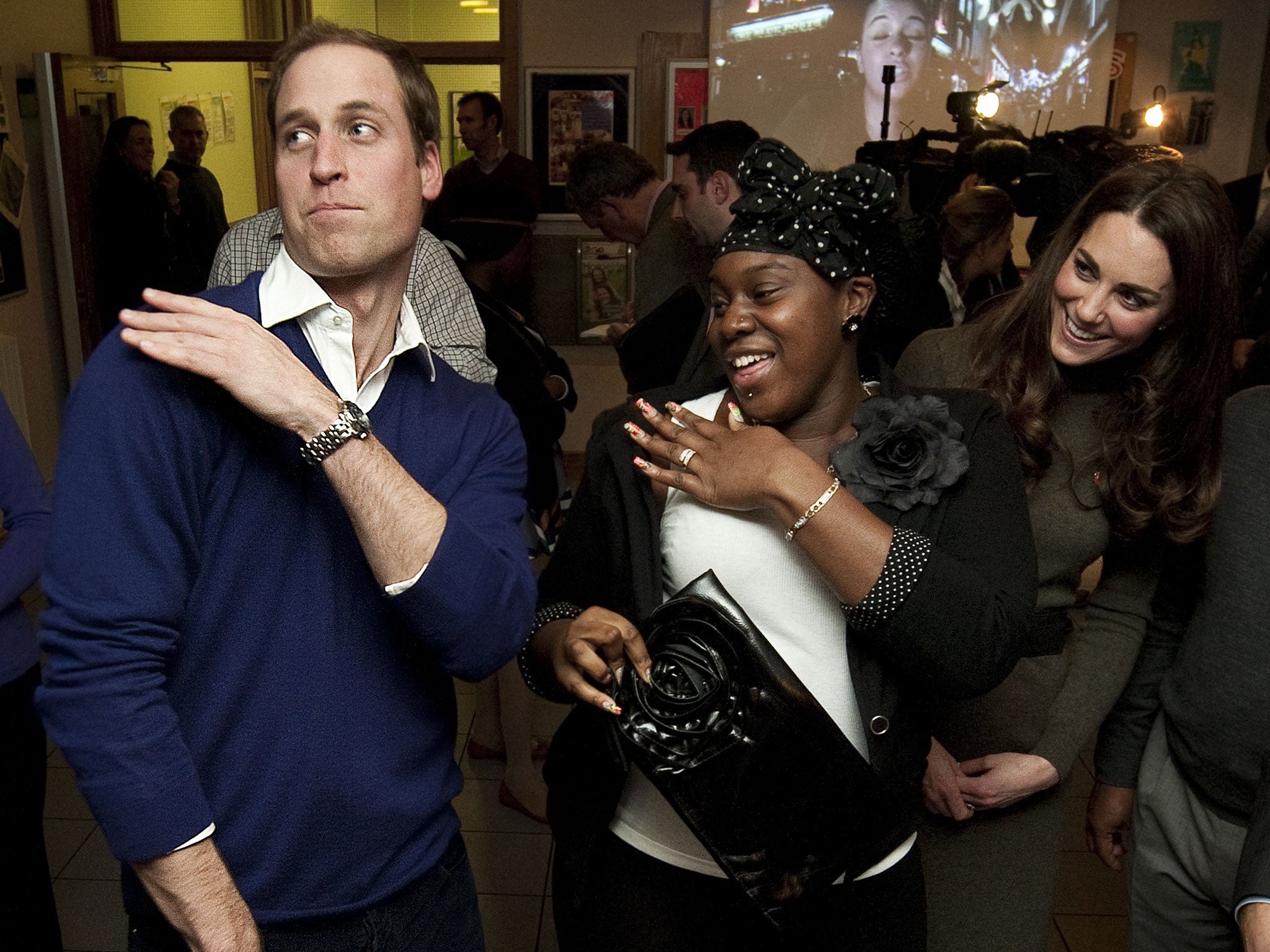Hunt is on in Gujarat for a distant cousin who shares Prince William’s Indian blood
Tests have established a direct link between the Duke of Cambridge and a woman believed to have been at least half Indian

Your support helps us to tell the story
From reproductive rights to climate change to Big Tech, The Independent is on the ground when the story is developing. Whether it's investigating the financials of Elon Musk's pro-Trump PAC or producing our latest documentary, 'The A Word', which shines a light on the American women fighting for reproductive rights, we know how important it is to parse out the facts from the messaging.
At such a critical moment in US history, we need reporters on the ground. Your donation allows us to keep sending journalists to speak to both sides of the story.
The Independent is trusted by Americans across the entire political spectrum. And unlike many other quality news outlets, we choose not to lock Americans out of our reporting and analysis with paywalls. We believe quality journalism should be available to everyone, paid for by those who can afford it.
Your support makes all the difference.The hunt was on today in India for possible cousins and relatives of Britain’s Prince William after it emerged he has a sliver of Indian ancestry.
Attention was focused on the city of Surat in the state of Gujarat after it was was revealed that Eliza Kewark, Prince William’s great, great, great, great, great grandmother, was of Indian origin. In 1812, Ms Kewark gave birth to Prince Williams’s great, great, great, great grandmother, Katharine Scott Forbes.
“It’s a great thing to unite people across the distances,” said Dr Jim Wilson, a geneticist at the University of Edinburgh and chief scientist at BritainsDNA, speaking from Scotland. “It shows commonality.”
The Scottish-based company carried out tests on DNA supplied by two of Eliza's living direct descendants, who are both third cousins of Princess Diana's mother, Frances Shand Kydd. The tests revealed that Prince William carries Eliza's mitochondrial DNA (mtDNA). Mitochondrial DNA is a small piece of DNA inherited mostly unchanged from a mother to her children.
Tests showed that Ms Kewark had an extremely rare form of mtDNA, that has only been found in 14 other people, 13 in India and one in Nepal. Those involved in the project believe all the evidence they have gathered shows that her genetic heritage through her motherline was Indian. And as writer Patrick French, author of an exhaustive book on India, pointed out, it means the second-in-line to the throne is 1/256th Indian.
The company’s research revealed that Eliza Kewark was the housekeeper of Prince William’s fifth great-grandfather, Theodore Forbes, a Scottish merchant who was born in 1788 and worked for the East India Company in Surat. The city is today responsible for cutting and polishing 90 cent of the world’s diamonds.
The company said it was believed Ms Kewark was Armenian, because her name was similar to the Armenian name Kevork and because letters to her from Theodore have been found which contain Armenian script. She also signed her name in Armenian script.
That suggested more than a degree of Armenian cultural heritage and the raised the strong possibility that her father may have been of Armenian descent. But the company said it was sure her genetic heritage through her motherline is Indian.
Alistair Moffat of BritainsDNA researched some of the historical background to the study and found that Theodore Forbes was the third son of a landowning family. When it became clear he not going to inherit land, he made contact with the East India Company and travelled to India.
“That’s where he met Eliza and he employed her as his housekeeper. It wasn’t uncommon for young British men to have relationships with Indian women,” he told the Press Association.
Dr Wilson raised the prospect that Prince William may have relatives in India. He said Eliza Kewark gave birth to two children, Katherine, who was born in 1812 and Alexander, who was born two years later. Both were sent back to Britain. Katherine, or Kitty, later later married James Crombie, a member of the coat-making family.
“But Alexander went back to India and did not die early,” said Dr Wilson. “He may have descendants there today.”
India officially did away with its royalty in 1971 when Indira Gandhi ended privy purse payments and removed the final privileges its erstwhile maharajas and maharanis once enjoyed.
But even today, the descendants of what were termed the princely states – more than 600 of them in 1947 – enjoy status, special rights and even political power. And news of the Indian link to Prince William, first reported by The Times newspaper, will most likely earn smiles.
As to speculation that the heir to the British throne will soon be making a visit to India to track down his relations, both the British High Commission in Delhi and Clarence House said they were aware of no such plans at the moment.
Join our commenting forum
Join thought-provoking conversations, follow other Independent readers and see their replies
Comments